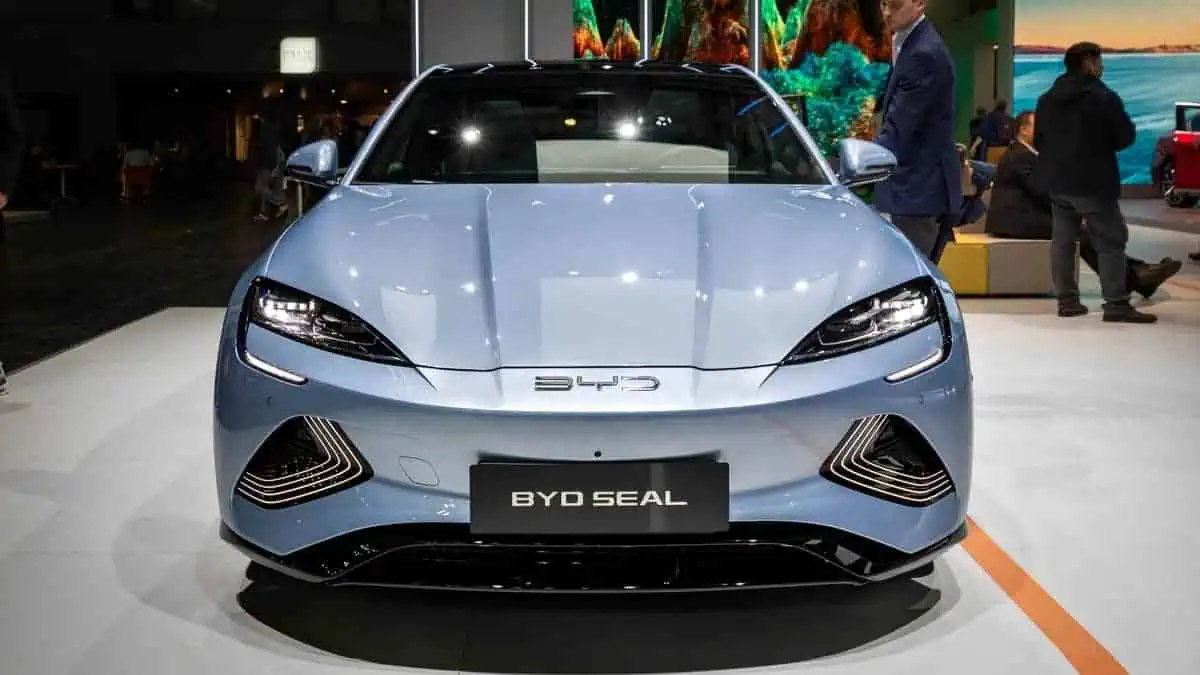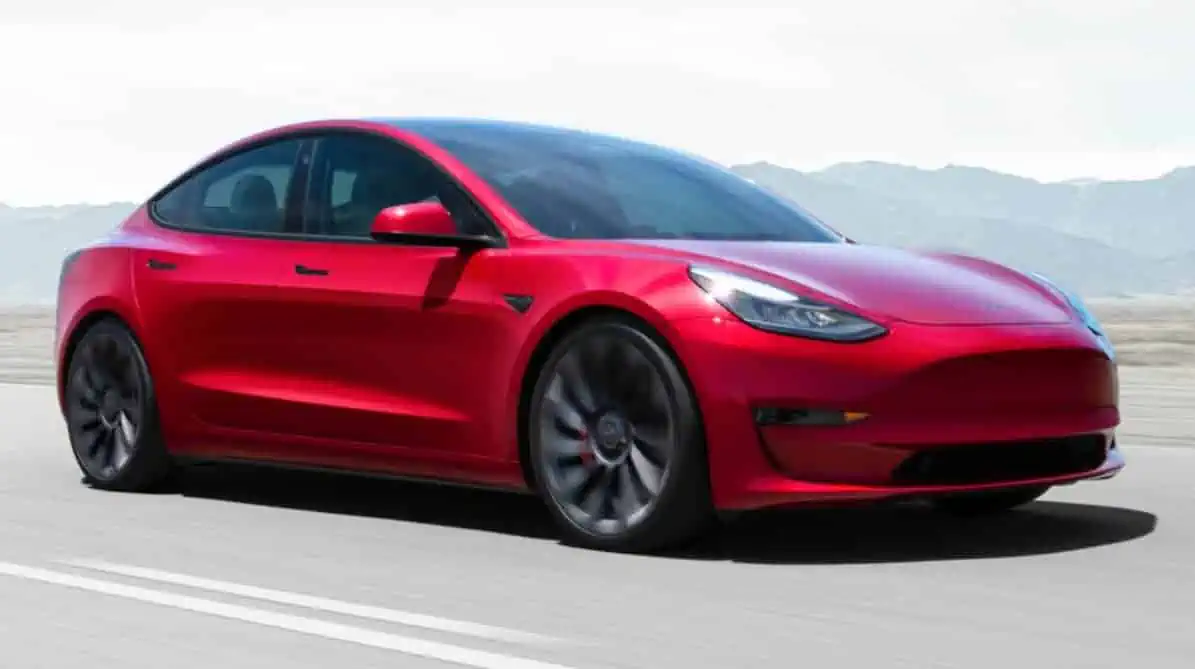BYD, the Chinese new energy vehicle giant, has just secured a land purchase agreement with the Szeged government for its proposed Hungarian electric vehicle factory. According to local media outlet Yicai Global, the upcoming facility will primarily supply the European market.
Agreement
BYD and the Szeged government reportedly signed an initial land purchase agreement on January 30, paving the way for the Chinese automaker’s first European factory. Several significant people attended the signing ceremony, including BYD Chairman and President Wang Chuanfu and Hungarian Minister of Foreign Affairs and Trade Péter Szijjártó, among others.
BYD will develop the site in three years, which will soon produce passenger electric vehicles. However, BYD’s WeChat announcement did not disclose the specific investment figure for the project.
In hindsight, BYD initially announced its plans to erect a factory in Szeged in December 2023.
Production target
BYD aims to leverage its innovative technology and automated manufacturing lines in the Hungarian car production industry. In that sense, the Chinese automaker plans to build electric vehicle models specifically tailored to European customers’ preferences.
If and when BYD gains approval, the upcoming factory could advance as a crucial production hub for the brand to dominate the European market.
BYD expects the factory to reach a maximum capacity of 200,000 EVs per year via a multi-phased expansion strategy.
Expansion strategy
BYD welcomes the new year as the world’s leading electric vehicle maker in terms of volume as it beat Tesla in Q4 2023.
Now, the Chinese NEV giant is about to mark its four-year existence in the European market. It continues to launch its EV offerings in the region to challenge the Musk-led company’s dominance.
It started looking for local production suitors in 2022 before it announced plans to establish a European factory in November 2023. One month later, it officially confirmed that it chose Hungary for its first-ever factory in the region.
All that said, the upcoming Szeged factory will play a significant role in BYD’s strategy to advance as the first Chinese automaker to operate a manufacturing plant in an EU member nation.
The local government’s subsidies prompted BYD to pursue Hungary for the new factory, highlighting the significance of such support for automakers to continuously push for the shift to e-mobility. BYD aims to officially launch operations in the new factory within three years to join its existing bus production facility in Hungary.






